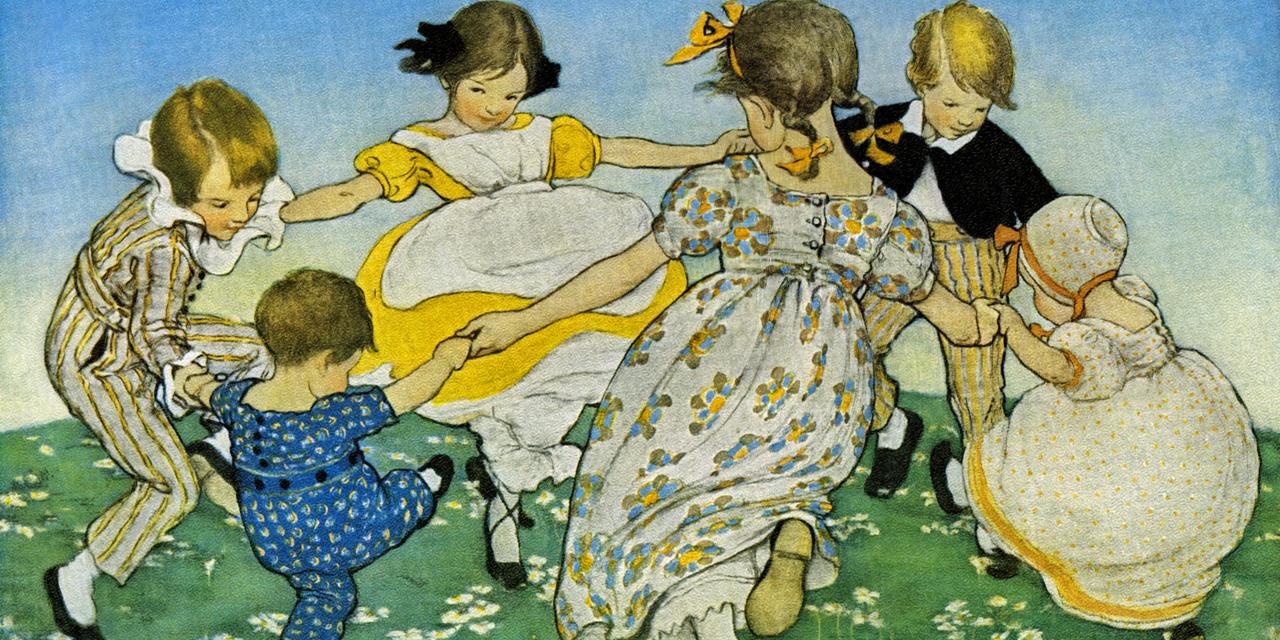BBC Radio 4
I scarce believe my love to be so pure
As I had thought it was,
Because it doth endure
Vicissitude, and season, as the grass;
Methinks I lied all winter, when I swore
My love was infinite, if spring make’ it more...

| Emily Dickinson (1830–86). Complete Poems. 1924. |
Part Four: Time and Eternity LXIII |
| AMPLE make this bed. | |
| Make this bed with awe; | |
| In it wait till judgment break | |
| Excellent and fair. | |
| Be its mattress straight, | 5 |
| Be its pillow round; | |
| Let no sunrise’ yellow noise | |
| Interrupt this ground. |
 Stephen Fry is honorary patron of the Oscar Wilde Society
Stephen Fry is honorary patron of the Oscar Wilde SocietyHow beastly the bourgeois is especially the male of the species-- Presentable, eminently presentable-- shall I make you a present of him? Isn’t he handsome? Isn’t he healthy? Isn’t he a fine specimen? Doesn’t he look the fresh clean Englishman, outside? Isn’t it God’s own image? tramping his thirty miles a day after partridges, or a little rubber ball? wouldn’t you like to be like that, well off, and quite the thing Oh, but wait! Let him meet a new emotion, let him be faced with another man’s need, let him come home to a bit of moral difficulty, let life face him with a new demand on his understanding and then watch him go soggy, like a wet meringue. Watch him turn into a mess, either a fool or a bully. Just watch the display of him, confronted with a new demand on his intelligence, a new life-demand. How beastly the bourgeois is especially the male of the species-- Nicely groomed, like a mushroom standing there so sleek and erect and eyeable-- and like a fungus, living on the remains of a bygone life sucking his life out of the dead leaves of greater life than his own. And even so, he’s stale, he’s been there too long. Touch him, and you’ll find he’s all gone inside just like an old mushroom, all wormy inside, and hollow under a smooth skin and an upright appearance. Full of seething, wormy, hollow feelings rather nasty-- How beastly the bourgeois is! Standing in their thousands, these appearances, in damp England what a pity they can’t all be kicked over like sickening toadstools, and left to melt back, swiftly into the soil of England.